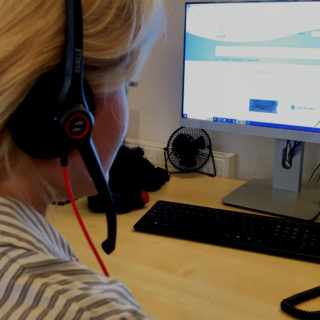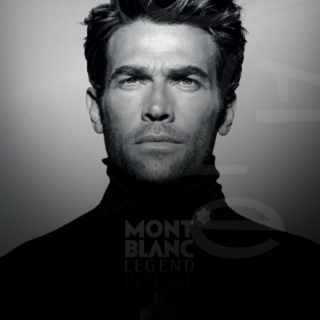Life Journeys: Can exercise be a form of self-harm?
Exercise can be a great way to help improve your mental health. But, can too much, or your relationship to exercise, be destructive to your daily life?
Luke Tyburski battled depression for nearly five years before he opened up to anyone. An ex-professional athlete, and someone who has completed the world’s toughest endurance sport challenges, Luke’s love of exercise turned toxic as it became a form of self-harm.
Hiding behind the truth

Exercise, fitness, physical training, moving my body has been something I’ve always done. Growing up in Australia, I loved playing all sports. I loved playing football (soccer), and spent countless hours in my backyard kicking a ball up against our wooden fence.
As a teenager I showed some ability, and soon I was playing at the National Championships for a professional club, and being looked at by the junior National Team coaches. Fast forward many years, into my late twenties, injuries cut my career short and threw me into a depressive dark hole. I was confused and lost, with my identity shattered because I wasn’t a footballer anymore.
To numb the pain, and to distract myself from the inevitable question of “now what?” I threw myself into the world of extreme adventures. I ran across the Sahara desert, down Mount Everest, through a tropical forest in China without food, money, water, or a phone. During these ‘crazy’ adventures, I spoke on stages sharing the stories of these adventures, as well as coached other athletes to achieve their own physical goals.
From the outside, it looked like I was super-fit, mentally tough, and inspiring thousands of people through my public speaking. However, on the inside, I was depressed, binge eating, struggling with insomnia, and using exercise as a way to self-harm.
When exercise is detrimental
Excessive exercising, or overtraining isn’t something new in the endurance sports or fitness worlds. So why isn’t there more awareness about this detrimental condition?

When we see someone who is training hard for a goal, whether that’s a race, adventure, or some sort of aesthetic look, as a society we embrace their hard work, dedication, and then success when they achieve or give their all to accomplish what they’ve set out to.
For myself, the excessive behaviour isn’t driven primarily to achieve results, an outcome, or enjoyment. It’s to numb a pain or cope with detrimental thoughts and feelings we are experiencing.
I loved every minute of my cardio and weight training I did over the seven years I secretly battled with depression. The problem was, the amount of training I was doing, combined with the actions I took, and the relationship I had with myself during this time, were anything but healthy or with any self-love.
Unable to sleep, I would lace up my running shoes at midnight with my head torch shining brightly. I would cover a marathon distance before returning home as the sun rose.
With a wave of depression and with my body exhausted, I would lean into binge eating to soothe my feelings. I would then punish myself by heading back out to run through the night once again, hoping to quiet the distressing and harmful thoughts and feelings I was experiencing.

This damaging merry-go-round of thoughts and behaviours continued on and off for seven years. Then, my body broke down in various ways, and I was forced to stop exercising for nearly 18 months.
It was at this time I knew I needed help. I started to see a professional to help me get on the road to recovery.
Image credit: Karum Cheema
Being vulnerable is a superpower
During these 18 months I addressed the origins of my depression, my lack of identity, as well as the harmful thoughts and emotions I was having. With the help of a professional, I worked through these issues.
So, do I still do ‘crazy’ endurance challenges? Yes!
However, my relationship with training, eating, and how I treat myself in and around exercise is completely different. I no longer lean on exercise as a way to feel something, but rather to have experiences in life I enjoy and have prepared for properly. I eat food for two reasons, to fuel/recover my training, and for pure enjoyment.
My work speaking on stages across the globe (and to audiences on Zoom) sharing my adventures stories is still important to me. Most importantly, I know the importance of taking care of your mental health and why more exercise isn’t always the answer.
Further Reading
Luke Tyburski – DREAM BIG — LIVE LIFE – Find out more about Luke’s story on his website.
Emotional support – SANE – If you need someone to talk to, learn more about the emotional support SANE provide.





